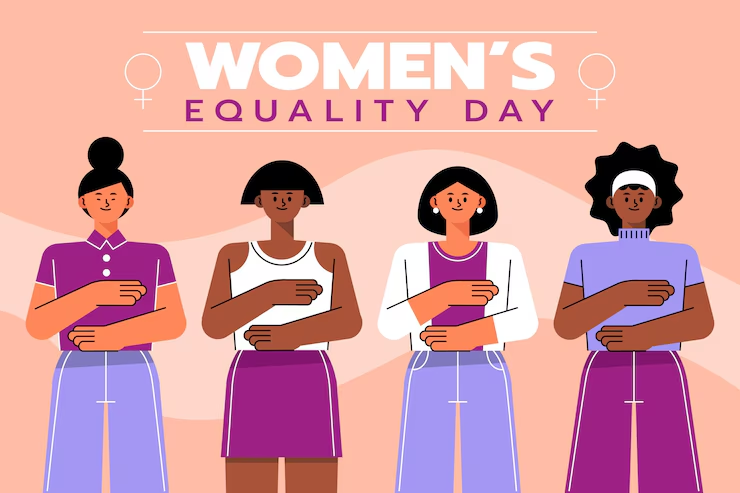How much of your mental health is “all in your mind”?
With the “science-isation” of health through the 20th century, the connection between our physical, biological bodies and our mental and emotional health lost visibility. As scientists understood the chemistry of Type 1 diabetes and the biology of germs and viruses and infection, the mind/body/emotion connection was devalued.
“The body” and “the mind” became two different – and increasingly independent – fields of study.
We humans are unique and complex bio-social beings – yet talk to the average GP about feeling bad and they’re likely to write you a prescription for anti-depressants – or offer you referrals to a mental health professional.
These are often the only options that their time and training allows them. However, the two options tend to propagate the cognition / biology gap – supporting the false dilemma that either you need expensive counselling or you need drugs.
It’s complicated – because we’re complex systems
Today there’s an increasing amount of evidence that positive mental health practices can help improve our physical health. Delving into practices such as gratitude that have been taught for thousands of years in philosophy and religion, researchers today are exploring the contribution of gratitude practices to overall wellbeing.
In the field of Positive Psychology, practitioners are starting to talk about “post traumatic growth” and “anti-fragility” – not just trauma and syndromes and disorders.
There’s also research indicating that – in our fracturing 21st century social world – that loneliness is a big factor in many cases of depression and anxiety.
It’s not necessarily “all in your mind”
At the same time, there’s also a growing understanding of the different physiological processes that can make you feel bad about “life, the universe and everything”.
Your mind, body and emotions are deeply interconnected – not separate systems. So “feeling bad” can also indicate a range of physical issues – not just an imbalance in brain chemistry.
There’s developing evidence that physical health interventions (such as gut microbiota improvements through improved diet and nutrition) can improve mental health in areas including depression and anxiety. Also that it’s possible that antibiotics may contribute to depression by disrupting your gut function.
Researchers have recently found a reciprocal link between exercise and gut health – where exercise improves gut health, leading to improved brain health.
The human body is truly a complex system – and there are many ways that you can improve your overall wellbeing – and without necessarily medicating your brain chemistry or paying for “talking therapy”.
If you’re feeling down – talk to your friendly naturopath
Most GPs have two standard offers – anti-depressants or expensive psychological services.
Taking a naturopathic, whole person approach to well-being can offer other pathways for action – by looking at a whole range of wellbeing pathways – including nutrition, gut function and other solutions depending on your situation.
If you’re not your best self at the moment, get in touch for a whole-of-person evaluation of your situation.





